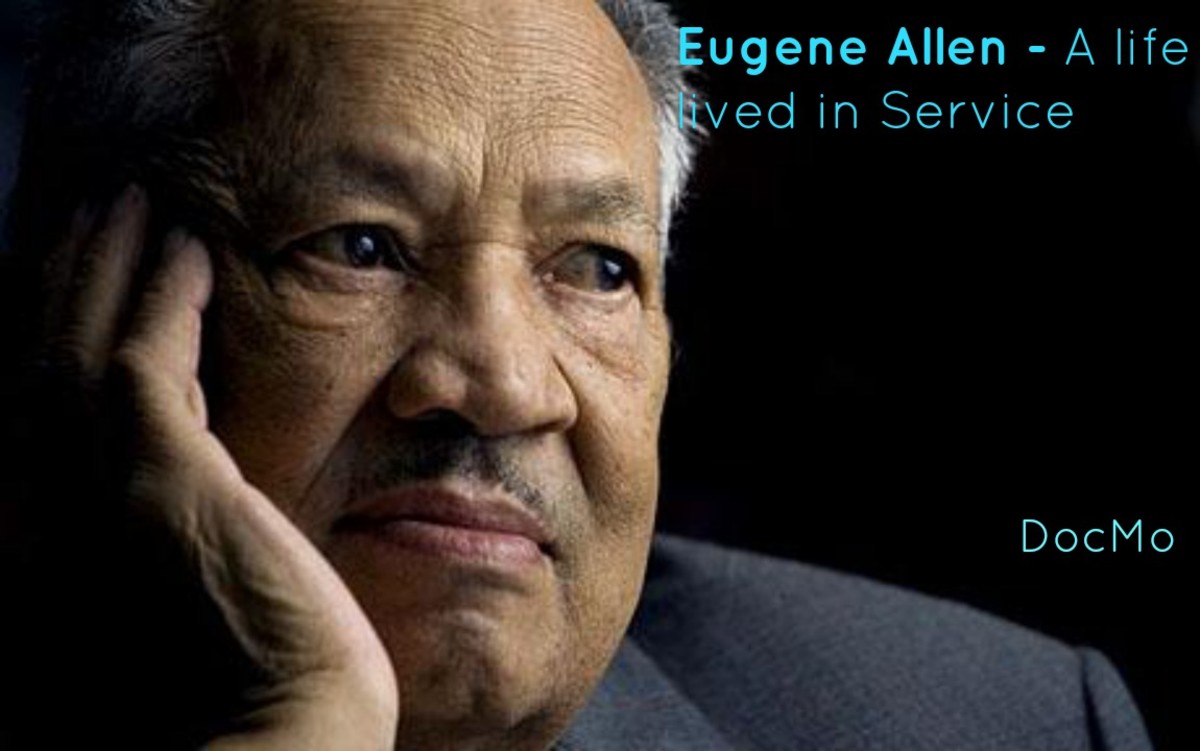Reflections on the War in Iraq - Part III: Execution

THE GAME CHANGES
MY VIEWS ON WAR are situational. Wars are a horrific, but sometimes necessary instrument of political power; I am not one to say they should never be used; I don't even say they should be used pre-emptively because you can never predict every situation that may confront a nation. But, in ALL cases, war should be used rarely and very carefully. History as shown, however, most recently from Vietnam, that when a nation decides to go to war, there should be no holding back. It should be prosecuted to the fullest extent possible with the maximum amount of resources the nation has available to it and with careful, complete, and comprehensive strategic, operational, and tactical planning for pre- and post-war operations.
We didn't do this for Vietnam and vowed never to make this mistake again; when I went to Air War College in 1991-1992, they drilled that concept into our heads. As I have said in other hubs, I was a supporter of our involvement in Vietnam and even had to volunteer to serve over there after I finished flight training in 1972. I am still convinced America made the right decision in trying prevent North Vietnam from overrunning the South; to me it was both a humanitarian and national security issue. I felt the same way for Panama, Iraq I, but not Granada; I feel the invasion of Afghanistan clearly a just war.
And now, on March 30, 2003, when President Bush ordered American troops back into Iraq second time to finish what many thought his father had left undone, we were committed to another, simultaneous war. Consequently, my views about what we must do in Iraq had to change and as a result, I because a reluctant, but nevertheless resolute supporter of strong action in Iraq; I absolutely was against being there in the first place, but, once there, it was clear we must prosecute the war with as much ferocity, focus on purpose, with clear objectives as possible with no turning back.
Of the wars, or combat actions I listed so far following Vietnam; Granada, Panama, Iraq I, Afghanistan, and Iraq, in only three of those, Granada, Panama, and Iraq I, did we follow the dictum we learned from Vietnam on how to fight such engagements. It is obvious to me that President Bush II, Dick Cheney, and Donald Rumsfeld never attended Air War College for they did, at the strategic level, about everything wrong that you could think of from six months before they pulled the trigger.
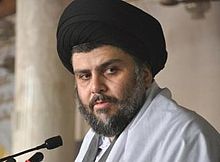

How Not To Fight a War
I won't spend too much time rehashing all of the failures of the Bush administrations in executing their war, but I do think some highlighting will be beneficial. The ineptitude of the trio who ran the Iraq war, Bush-Cheney-Rumsfeld, only became clear in hindsight, but hints of the lack of planning and lack of understanding did come soon after the invasion began.
The initial invasion plan, the operational and tactical plan seemed to be sound; Hussein's forces crumbled under superb execution by our troops. But then things started to fall apart as indicated by:
1) the lack of control our forces had over Iraq's national treasures and museums; there apparently was no plans to secure these extremely valuable historic and cultural artifacts and records; it is not like they didn't have plenty of time and man power to do so.
2) a complete lack of understanding of where the sentiments of the populous; thinking the Shi'a majority would automatically lay out the red carpet for us, not realizing they were still very angry over President Bush I leaving them to hang out to dry and die after the first Iraq War.
3) a complete lack of understanding of the tribal hatred between the Sunnis, Shi'a, and Kurds and the nature of tribalism.
4) a refusal to learn from the history of the British in Iraq and an apparent determination to repeat their mistakes.
5) a refusal to learn from Vietnam about how to fight counter-insurgency operations (the cold-war, tank-oriented lobby in the military never lost control even after the Vietnam fiasco)
This all became apparent just a year or two into the war, not too long after "Mission Accomplished" was declared by the President, where there were many more years to go and several thousand lives yet to be lost. "Mission wasn't Accomplished" because, instead of applying overwhelming force history shows was necessary, Rumsfeld convinced Bush he could "win" this war on the cheap; he lied and he violated many basic rules of warfare in doing so.
There is also no question anymore that the Sunni's intransigence, the al-Qeada's appearance and growth, and the radical Shi'a cleric Sayyid Muqtadā al-Ṣadr (Arabic: سيد مقتدى الصدر) revolt, caught Bush-Cheney-Rumsfeld completely by surprise; except for Sadr, this should not have happened, they were predictable. They, and the American military were not prepared to deal with the ensuing three-pronged onslaught. America suffered from a mishandled war from 2004 to 2007, until President Bush finally "saw the light" and changed tactics, with a little help from Senator McCain and a plethora of Democratic critics, to a proper counter-insurgency operation run by actual military counter-insurgency professionals, headed by General Petraeus, instead of cold-war left-overs.
The war was at it heights as was the death rate and cost when the surge began and General Petraeus took over changing forever, I hope, the way we fight these wars. The new way of fighting began in Feb 2007 and was fully implemented by Jun 2007, when the last of the surge troops arrived; casualty and hostility figures began to fall dramatically, never to rise again after four long years of futile, then failing effort; we were heading toward another Vietnam.
$900 billion spent, over 33,000 wounded, over 4000 killed. Such is the price of hubris and ineptitude.
On December 20, 2011, the battle flag of the last American forces from Iraq reached American soil, the Iraq War was officially over.
© 2011 Scott Belford

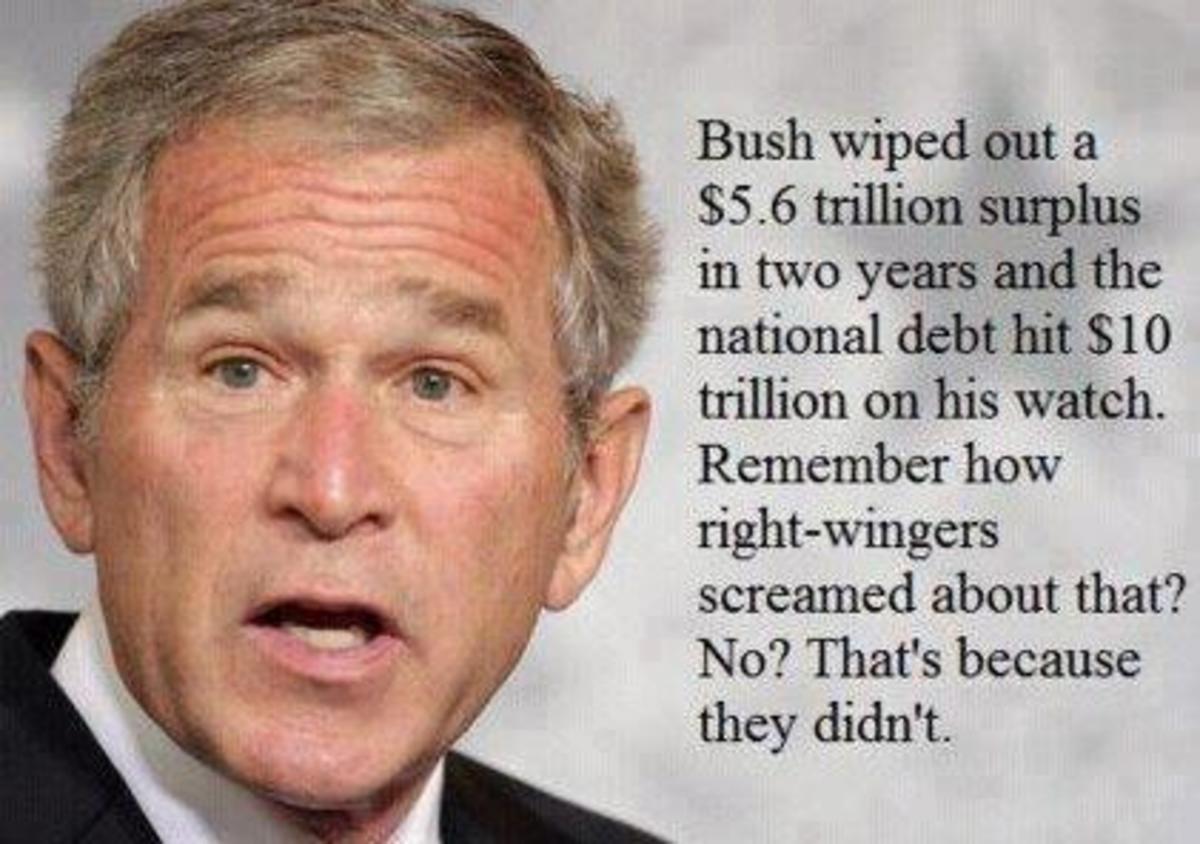
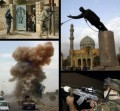
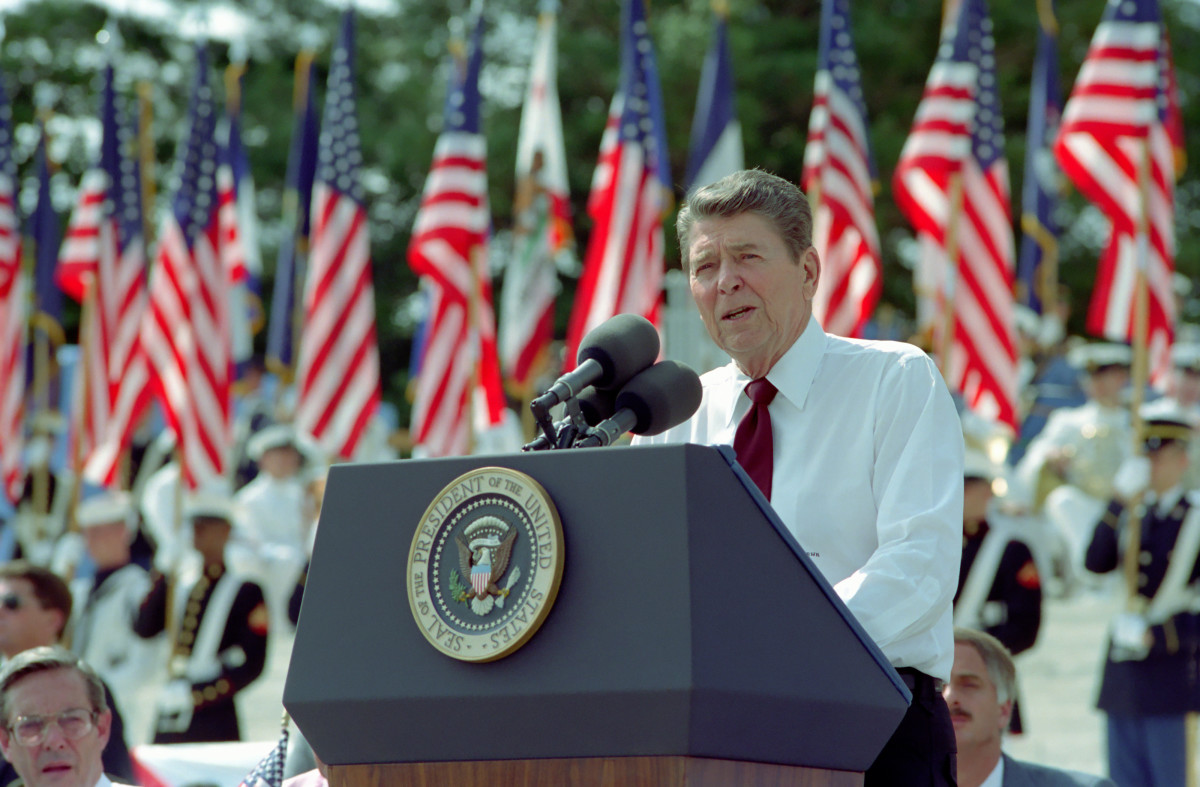

![Thoughts Regarding the Potential Fallout in the United States with the Death of Osama bin Laden [51]](https://usercontent1.hubstatic.com/12419582_f120.jpg)


